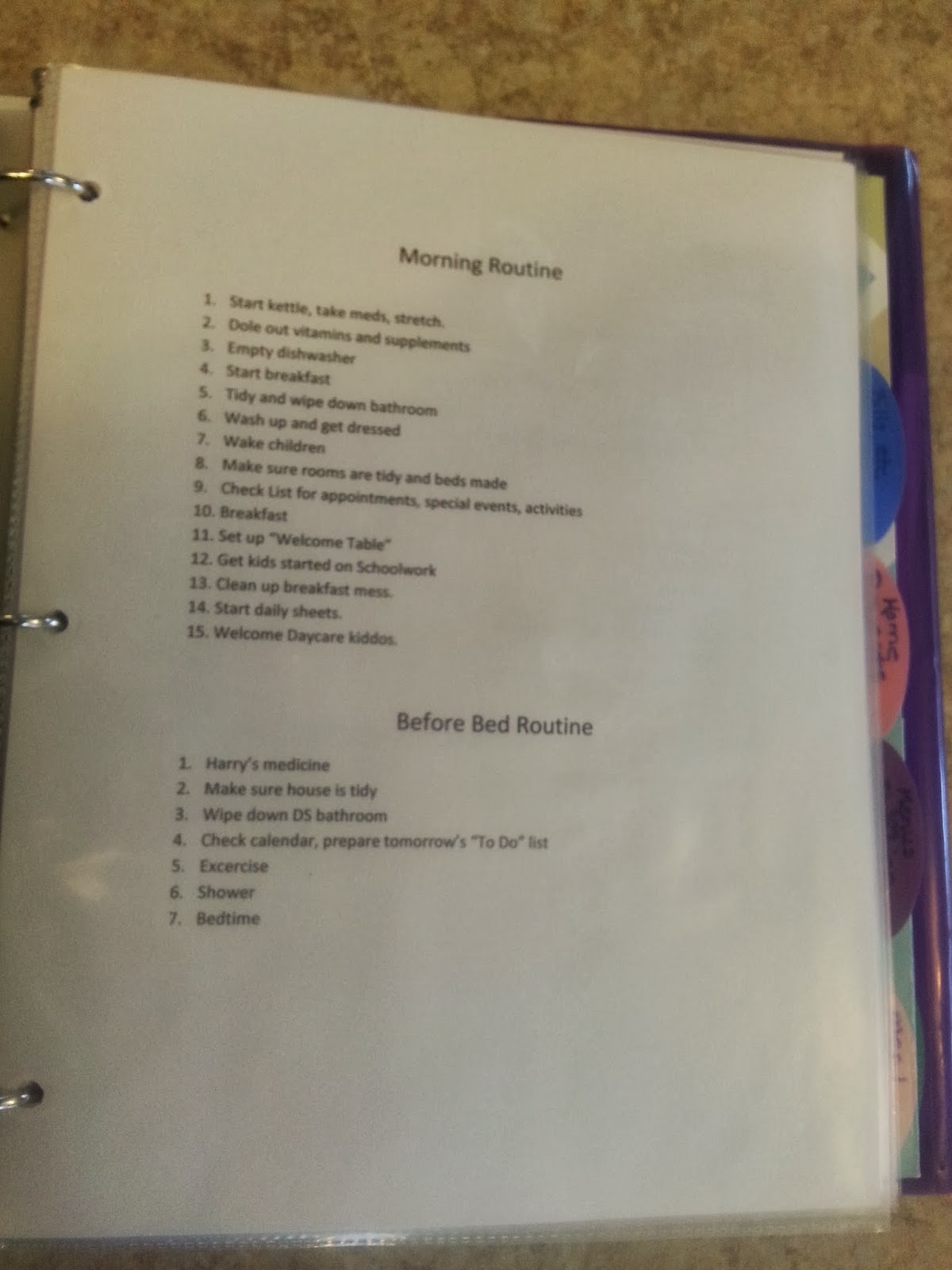I have a long-standing love-hate relationship with technology. I know that technology is an essential part of life these days, but really, I'm not a "gadget" person. For me, technology is a tool, but not something I get super excited about. I'm perfectly happy with having the bare minimum that I need to work efficiently. I have a very basic laptop (three years old), and as of last year, I finally have a smartphone. I dug my heels in on the smartphone for ages, but it sort of became a necessity for me, as I'm often on the go and need access to email and documents while away from my laptop. I have learned that technology can fit into a lifestyle of Simplicity, and can actually enhance a Simple Life, but it can also undermine Simplicity when you become a slave to it. It's all about Balance, and letting it serve you, rather than the other way 'round.

Where my kids are concerned, I have always been exceptionally wary of media and technology exposure. Having studied early childhood education and child development before my kids were born, I was well aware that too much "screen time" was detrimental to their development. When they were really little, it was easy to keep them away from tech, as I, myself, had very little tech in the house. Just an ancient ol' desktop computer, a flip phone and a TV. During their early years, they watched maybe 2-3 hours per week of non-commercial, child-appropriate TV, or maybe the occasional family-friendly movie on DVD. Because our TV was kept behind closed doors, the kids just didn't even think about it. It wasn't a regular part of our daily life. Because they watched so little, I didn't have to feel guilty on the rare occasions when I put Sesame Street on so I could make a few phone calls or wash the kitchen floor. I felt then, and still do now, that when used judicially and infrequently, TV can be a useful parenting tool.
But a lot has changed since my kids were very young.Tech is now more pervasive than ever, and as a parent, the task of monitoring exposure is more difficult, yet even more essential. The amount of tech in our home has increased dramatically in the last five years. We now have more computers, smartphones and even some e-readers. It would be all too easy to let tech take over.
Not too long ago I read an
article written by a pediatric occupational therapist which detailed ten reasons that hand-held devices should be banned before age 12. While this might seem extreme to some, as a long-time advocate of reducing kids exposure to media, I happen to agree wholeheartedly with this idea. The article is well worth reading if you have kids. The author details many significant issues that come from too much exposure to technology, such as developmental delays, sleep deprivation, increased aggression and scariest of all, "Digital Dementia." This is scary stuff, people. The article also reinforces the importance of placing limits on tech, even beyond age 12. This is tough thing, for most parents. It's just EASIER to let them zone out in front of a screen or to keep them quiet with a hand-held game. Monitoring media consumption requires diligence on our part. But if we don't do it, no one else will. Here are some ways that we keep screen time within reasonable limits are our house.
1. No TV on "School Nights" Just as when they were little, I limit TV to 2-3 hours a week, only on weekends (except for special news events or other special occasions) This has always been a pretty easy one for us, as until recently, our TV was stored away in a cabinet, so if we wanted to watch it we had to take it out and plug it in. This past September we set up a TV room in the basement, so while the TV is now always accessible, it's not in the main part of the house, so it's still "out of sight, out of mind." In addition to monitoring
how much they watch, we also keep an eye on
what they watch. The rule is that what's on the TV must be appropriate to the youngest child in the room.
http://www.commonsensemedia.org is very helpful for this part.
2. Set Laptop Rules. The kids use a laptop for their schoolwork, and they do like to use it for some fun things, too... like digital art, making music playlists and playing games. We have a rule that the laptop must always be used in a central location (so adults can check what's going on) and "recreational" computer time is limited to no more than 30 minutes per day for the big kids, less for the 9 year old.
3. Set phone rules. Once the older kids started venturing out to classes and activities without us there, we got them cell phones, for safety's sake. Ladybug, age 13, has a stripped-down iPhone (no internet access, only a few pre-approved apps) and Monkey, age 12, has a very basic Tracfone that can only call and text. There are strict phone rules, in our house. Phones must be left plugged in on the kitchen counter by 8pm every night, no exceptions. Phones can be retrieved the next morning AFTER chores and schoolwork have been completed (usually around lunchtime) We also do not allow phones at the table. The kids are also well aware that parents reserve the right to check the phones as they see fit.
4. Don't worry about keeping up with the neighbors. Of COURSE your kids are going to tell you "But EVERYONE ELSE is allowed to watch (insert show) and EVERYONE is allowed to play (insert game) and EVERYONE has (insert device)" This is not a good reason for your kids to have it. We simply point out that these are the rules in our house. We explain the reasons for our decision, and that is that. This can get tricky in a blended family situation like ours. My step-kids do not have the same rules at their mom's house that we have here, and that can definitely make things a little hairy at times (This could be the topic of a whole other post!) But we just remind them that we set the limits we do because we love them and want to make sure we're parenting them the very best that we can.
One cool thing that comes out of monitoring media/tech consumption, is just how much time is left for other things. When kids aren't tied to a device, they are reading books, making art, playing outside, having face-to-face conversations, playing real, in person games and developing real relationships with the important people in their lives.


















